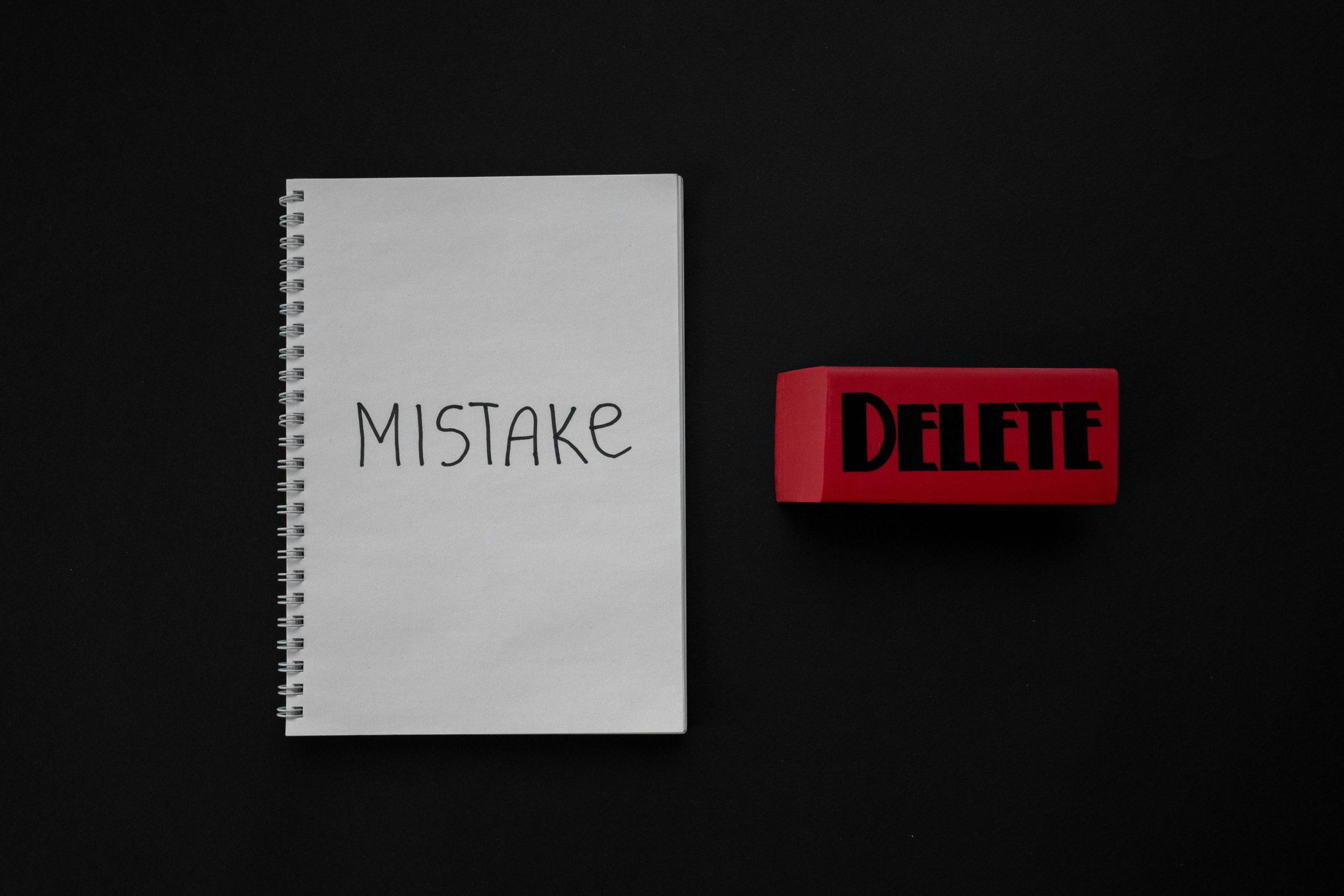Filing a Late Tax Return
Published:Filing a late return, even years later, allows taxpayers to avoid penalties and interest. It's never to late to file a tax return.If your tax return was late, here's how you can fix the situation. First, gather all your tax documents for the year you are filing–W-2 forms and 1099 forms and anything that may pertain to reporting income and expenses. If you are missing documentation, call the IRS. Often the IRS can provide copies of your income documents from prior years. Next, locate federal tax forms for prior years on the IRS web site. Online you can find forms going back to 1990. Download those forms and fill out your return. If you cannot find the forms needed, consult with professional tax services that can provide older tax forms. Or hire a professional tax return preparer to complete the process for you.
Where's your refund?
If you are owed a refund, then the IRS will send you a refund check only if the return is filed within a three year period following the original filing deadline. After that period has passed, you cannot collect the refund. If you owe taxes, the amount is considered past due and you could be facing additional payments in the form of penalties and interest as a result. Note that you should file a return even if you are unable to pay the tax bill in full. After submitting the late tax return, you may qualify for a payment plan.
Underpayment of taxes
Always try to pay your taxes in full. Underpayment will only lead to an increase in the amount owed. Paying on time and in full saves money in the long run. Payments are accepted in several forms: electronic payment, check, money order, cashier's check or cash. If you cannot come up with full payment, the IRS may allow you to setup an installment agreement. Contact the IRS once you have filed your return to find out how to apply for an installment plan.
Adjust withholding
One way to avoid future underpayment is to adjust your income withholding. Most financial planners recommend that you withhold enough so that your refund amount is as close to zero as possible. This ensures that you owe no additional taxes on tax day and that you have not withheld too much. Finally, consider liquidating investments or borrowing money to pay your past due taxes. It may sound foolish to borrow money when you are in a tax debt situation, but the fact is that the IRS collection process is aggressive and far-reaching. You should do everything you can to avoid allowing the government to garnish wages or place liens on your property.



